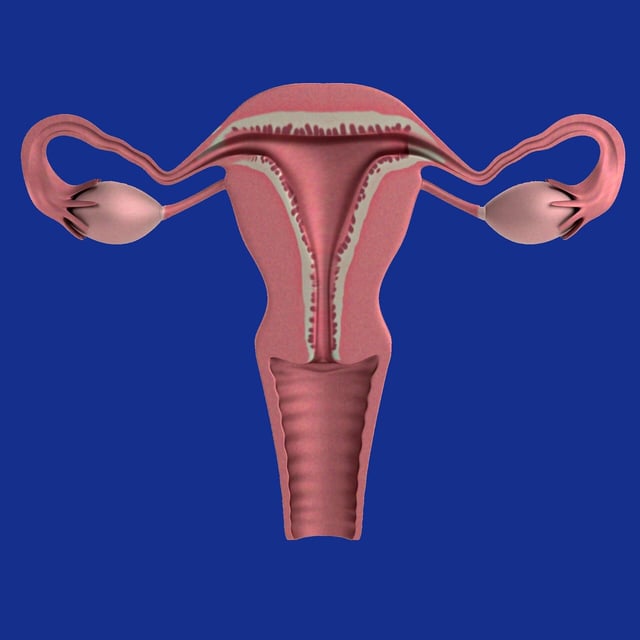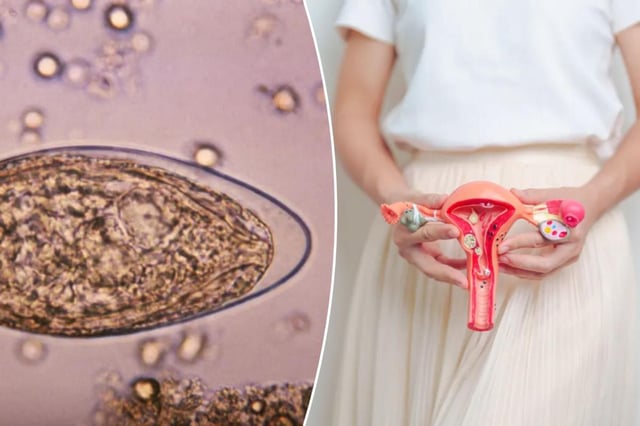Overview
- Schistosoma haematobium, a parasite traditionally linked to bladder cancer, has been found to trigger cancer-related gene activity in the cervical lining.
- A study of 39 Tanzanian women revealed that genetic changes in cervical tissue intensified after treatment with praziquantel, raising concerns about long-term cancer risks.
- Researchers identified nine genes linked to cancer that were altered by the infection, with additional changes observed post-treatment, including genes tied to inflammation and tissue remodeling.
- Experts recommend close post-treatment monitoring for women previously infected with S. haematobium and suggest exploring anti-inflammatory or immune-modulating therapies to mitigate risks.
- A larger follow-up study involving 180 women over 12 months is underway to confirm these findings and assess the broader implications for cervical cancer prevention.

